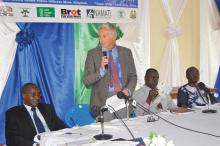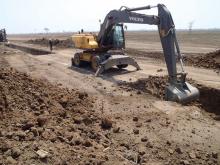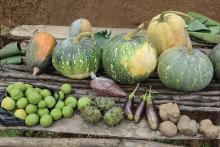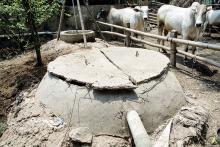Land Library
Welcome to the Land Portal Library. Explore our vast collection of open-access resources (over 74,000) including reports, journal articles, research papers, peer-reviewed publications, legal documents, videos and much more.
/ library resources
Showing items 1 through 9 of 26.This guide is directed at governments and companies seeking information on implementing FPIC principles in investment operations to safeguard the land rights of project-affected communities.
This primer provides guidance for companies who seek to ensure that risks for project-affected communities are minimised, especially for women, who can be more vulnerable than men when it comes to land tenure.
This Primer provides practical guidance for companies on how to design, implement, manage, and monitor a company-based grievance mechanism. It is divided into the three main sections and associated steps:
• how to design and implement a company-based grievance mechanism,
This primer includes an overview of valuation and compensation best practices that illustrates the relationship between valuation and compensation and other steps and elements of responsible investment.
Sierra Leone is one of the least developed countries in the world and is still recovering from a civil war that ended in 2002.
The buying up of farmland by international investors is viewed highly critically. However, sweeping judgements could be inappropriate, as our author demonstrates with survey results from Ethiopia and Uganda.
During the last few years, the donor community has increased its efforts to reduce the large amounts of fish lost in the distribution chain in artisanal fishery, an endeavour that ought to be welcomed in principle.
Providing extension and advisory services is expensive. There are salaries to be paid, transportation and operational funds to be provided, buildings to be rented or built, demonstration plots to maintain, and continued education to be offered to the extension staff.
Last year Angola earned 48 billion US dollars from petroleum. Yet the country that was once Africa’s largest agricultural producer is reduced to importing food. Now the government and private investors want to develop the agricultural sector, in the hope that Angola could become a new Brazil.








